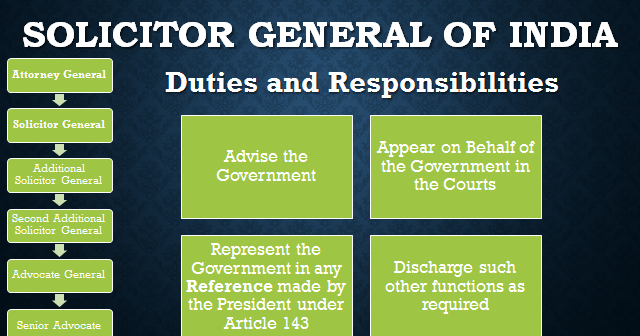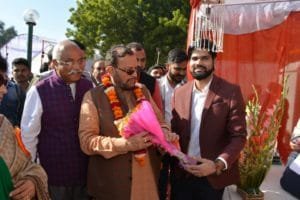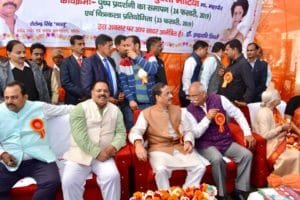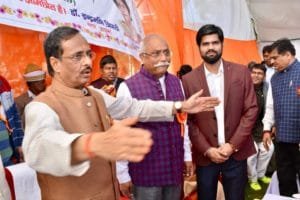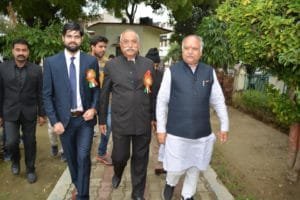Attorney General of India: Best NDA Coaching in Lucknow
Warriors Defence Academy is the Best NDA Coaching in Lucknow. We are the Leading Coaching Institute for NDA/CDS/AFCAT/Army/Air Force/Navy Located in Lucknow. Warriors Defence Academy has the Largest GTO Ground in India. The Aspirants of Defence Services are guided by Ex. Defence Officers. WDA was also Awarded as Best NDA Academy in Lucknow.
Address: 545-GA/1-CHHA, beside Madhuwan Guest house Chandganj Near Railway Crossing, Kapoorthla, Lucknow, Uttar Pradesh 226006
Phone: +91-7081011964
Website: https://warriorsdefenceacademy.com/
Website: https://warriorsndaacademy.com/
Website: https://warriorsndaacademy.com/blog/
TAG: #bestndacoachinginlucknow #topndacoachinginindia #bestndacoachinginindia #bestdefencecoachinginlucknow #bestcdscoachinginlucknow #bestssbcoachinginlucknow #bestairforcecoachinginlucknow #breckingnews #defencenews #rajnathsingh #gulabsingh #wdacampuslko #wda #India

Attorney General of India: Power and Functions | Best NDA Coaching in Lucknow
Article 76 and 78 deal with the Attorney General of India. The Attorney General of India is the highest law officer in the country. He is responsible to assist the government in all its legal matters. The President appoints the Attorney General (AG). The person who is appointed should be qualified to be appointed a judge of the Supreme Court. That means, he should be a judge of some high court for five years or an advocate of some high court for ten years.
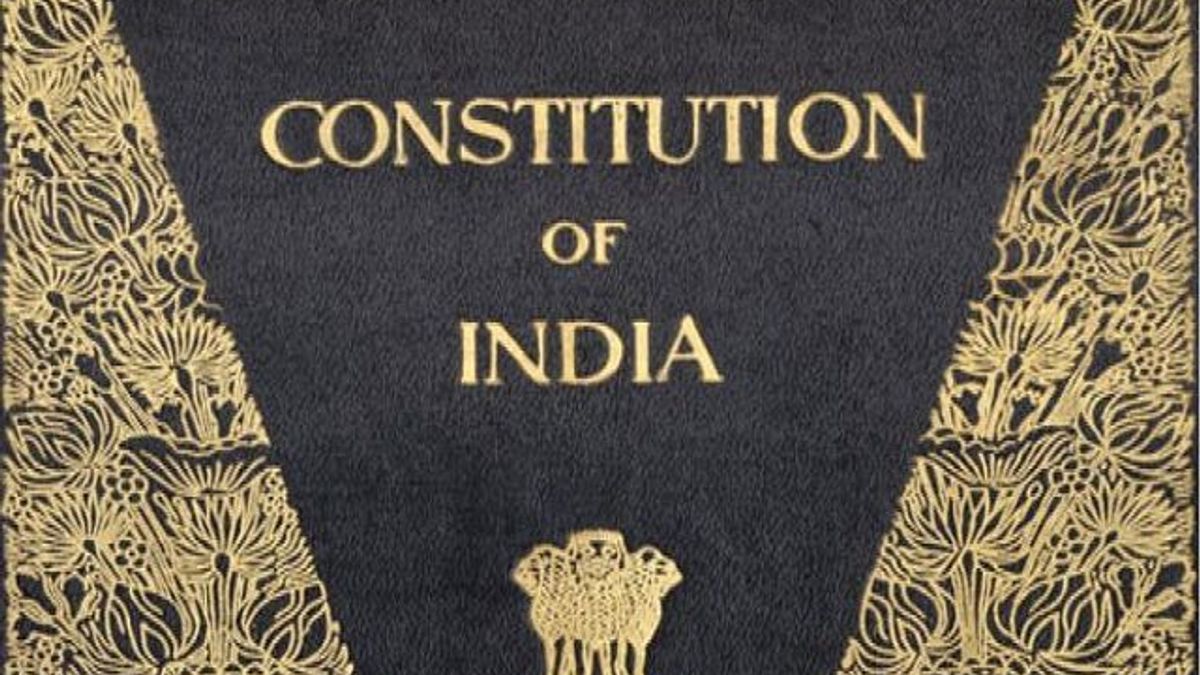
INDIAN CONSTITUTION
Attorney General of India is appointed by the President of India under Article 76(1) of the Constitution and holds office during the pleasure of the President. He must be a person qualified to be appointed as a Judge of the Supreme Court. The 15th and current Attorney General is K. K. Venugopal.
Article 76 and 78 deal with the Attorney General of India. The Attorney General of India is the highest law officer in the country. He is responsible to assist the government in all its legal matters.
Appointment and Term of office
The President appoints the Attorney General (AG). The person who is appointed should be qualified to be appointed a judge of the Supreme Court. That means, he should be a citizen of India and a judge of some high court for five years or an advocate of some high court for ten years or should be an eminent jurist, in the opinion of the president.
The constitution does not provide for fixed tenure to the AG. So, he holds office during the pleasure of the president. He can be removed by the president at any time. There is no procedure or ground mentioned in the constitution for his removal.
The AG receives such remuneration as the President may determine. The constitution has not fixed the remuneration of the AG.
Duties and Functions
Below are the duties and functions of the AG:
(1) He gives advice to the Government of India upon such legal matters, which are referred to or assigned to him by the president.
(2) He performs such other duties of a legal character that are referred or assigned to him by the president.
(3) He discharges the functions conferred on him by or under the Constitution or any other law.
In the performance of his official duties,
(1) He appears on behalf of the government of India in all the cases in the Supreme Court in which the Government of India is concerned.
(2) He appears on behalf of the government of India in any reference made by the president to the Supreme Court under Article 143 of the constitution.
(3) He appears on behalf of the government of India in any case in a high court in which the Government of India is concerned, if the Government of India requires so.
Rights and Limitations
Following are the Rights of the AG:
(1) In the performance of his duties, he has the right of audience in all courts in the territory of India.
(2) He has the right to speak or to take part in the proceedings of both the Houses of Parliament and their joint sittings, but without a right to vote.
(3) He has the right to speak or to take part in the meeting of any committee of the Parliament of which he is named as a member but without a right to vote.
(4) He enjoys all the privileges and immunities that are available to a member of parliament.
Below mentioned are the Limitations placed on the Attorney General:
(1) He should not advise or hold a brief against the Government of India.
(2) He should not defend accused persons in criminal cases without the permission of the government of India.
(3) He should not accept an appointment as a director in any company without the permission of the government.
It should be noted that the AG is not debarred from private legal practice. He is not a government servant as he is not paid a fixed salary and his remuneration is decided by the president.
